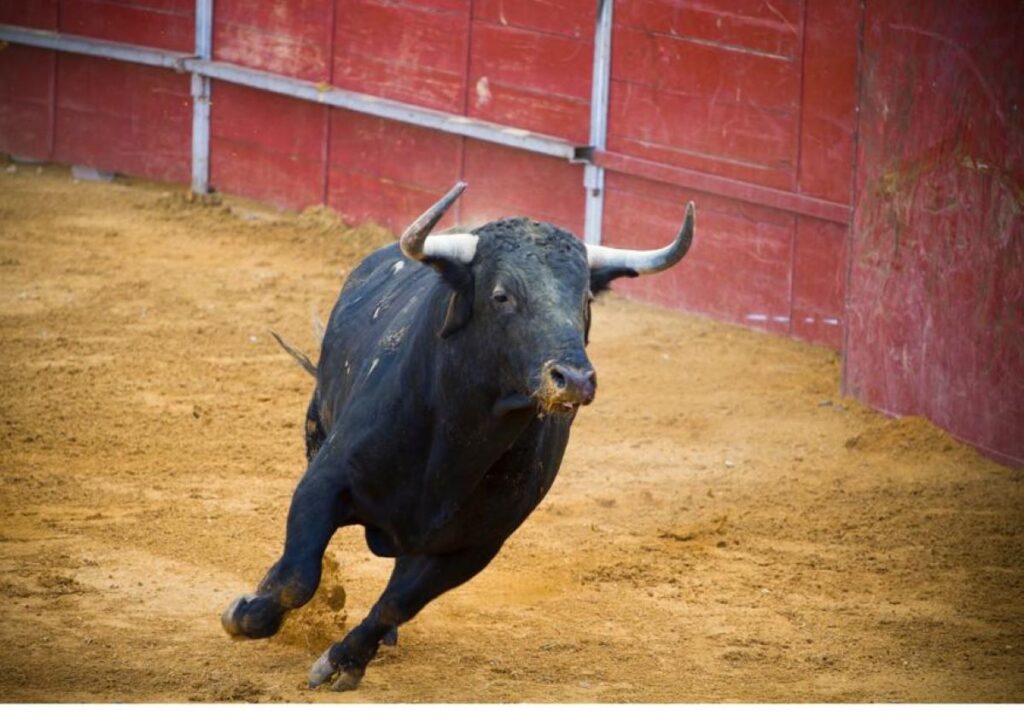New Delhi, May 18.
The Supreme Court on Thursday ruled that the legislature has already held that Jallikattu was part of Tamil Nadu’s cultural heritage and courts cannot set this aside.
A top court Constitution bench said that the state law minimises cruelty to animals while promoting the bovine sport in which a bull is allowed to run amok and the sportsmen try to catch it by the hump. “It is not a piece of colourable legislation,” a bench led by Justice K.M. Joseph said.
At the same time, the bench also upheld laws allowing similar sports involving animals such as Kambala and bull cart racing in Karnataka and Maharashtra.
Courts cannot undertake any such exercise to determine whether these sports are an integral part of the states’ cultural heritage or not. This is an exercise which has already been undertaken by the House of the people, it noted.
“Courts will not disturb such laws, not accept the argument that holding such events was not part of cultural heritage,” the ruling said. “The issue is debatable.”
This issue has gone back and forth between the state and the central government, with the state refusing to accept an earlier court ruling which outlawed this sport on the ground of the inherent cruelty meted out to the animals.
The state government instead brought in a law which allowed the sport under stringent conditions which do not permit any cruelty to animals. District magistrates were supposed to uphold these laws and rules.
The state law was a major departure from the Central Prevention of Cruelty to Animals Act. It was challenged by many outfits. Today, the top court said that these laws do not violate Articles 14 (right to equality) and 21 (right to life).
The issue had seen multiple court litigations after there was an uproar in the state over an earlier court ban. The state then overturned the ban.
The top court bench included among others Justices Ajay Rastogi, Aniruddha Bose, Hrishikesh Roy and C.T. Ravikumar. The bench also noted that the amendments to the law had been signed into a law by the President.
Also the tradition of holding Jallikattu dates back to well over a century, it said.
The petitions led by People For Animals, supported by its partner organisation Humane Society International, India, and other animal protection organizations, had sought to challenge these laws as contravening the purpose of the Prevention of Cruelty to Animals Act, 1960.
Reacting to the ruling, animal rights activists said that they were deeply disappointed.
“To say that I and other animal protection advocates are disappointed, is an understatement. For over a decade, there has been more evidence than ever that Jallikattu is not only harmful to the bulls involved but several people who have been injured or have had their loved one die because of it.
“With all due respect to the Supreme Court, we must stress that the current g, the way they stand, in no way prevents pain and suffering nor will they do so in the future. Causing bulls fear, distress and pain are intrinsic to activities like Jallikattu, Kambala and bullock cart racing, which force the animals to act against their nature.
“We will continue to urge the Government of India and the state governments to ensure that animal and human victims of these redundant and cruel activities are not forgotten and cruelty to animals is not allowed under the guise of culture,” said Alokparna Sengupta, managing director, Humane Society International, India.
“We’re deeply disappointed by today’s judgment. Morality cannot be compromised in the name of culture,” says Gauri Maulekhi, trustee of People for Animals. “Jallikattu, Kambala and other such practices are nothing but unnecessary suffering and pain for the animals. The verdict dismisses the lives of countless animals, and of the people who died of agonising injuries from the brutality that is jallikattu,” she said.

